Common mindsets of musicians who have writer’s block and how to solve them
We’ve recently restarted group coaching after a few month hiatus. The initial idea for group coaching is to explore the participant’s current intentions and obstacles in their work, including overcoming writer’s block in music-making. Passionate producers spend a lot of time music-making; it’s a central part of their lifestyle, which means that when things don’t go so well, it can be a very frustrating experience.
While many join the group coaching sessions to get technical tips, often we spend time discussing how we approach music-making and try to understand the mindset(s) that we have towards the craft. I can give you all the technical tips in the world, but if you approach music-making with a foggy mind, you might not be able to apply any of them. This is why music producers often have patterns of creativity that include peak highs and extreme lows. But what causes this pattern exactly? There are a few common cases of lows I’d like to share with you from what I hear and see most often in working with clients.
“I can’t finish projects.”
This is a pretty familiar theme I see on a daily basis. Sometimes people have no issue sitting in studio and are excited to start a new idea. They’ll build it up for a while, but after a few sessions the magic is gone and it feels more appealing to them to start all over with new, fresh ideas. If you recognize yourself here, realize that your brain is in search of a dose of dopamine and starting a new track is instant gratification. I can tell you that finishing a track will provide an even bigger dose of dopamine, but the anticipation of finishing something can kill your momentum and will make you lose focus. Some people also fear messing up the project or have the impression that the more they work on it, the less impressive the track becomes, which often results in feeling like they’re not in control of what they’re doing.
Solution: Under the influence of a big dose of dopamine from creating a new and exciting idea, you build up expectations in your head for your track to become your next masterpiece. Usually, when I notice I’m thinking this way I usually just stop everything and do something else for a moment. Building up expectations that you’re working on something grandiose is a way of setting up yourself for inaction and lack of drive down the road. Here are some music-making habits I have to help keep myself from falling into this trap:
- In idea-creating sessions, I’ll focus on working on several different ideas and will not elaborate on any of them until a future session. This helps in not getting too excited about anything specific, and the break away from the idea(s) also helps me in understanding the real potential of the track.
- I never, ever, think of a track as a potential hit. I’m more focused on finishing it and moving on. Finishing something gives the mind clarity, and will give you a sense of accomplishment and build self-confidence.
- I never forget that because a track has been declared “done”, that this won’t stop me from reopening the project in a few months to change something. Many songs can have multiple versions, and sometimes you need to test it in a club or show it to others for feedback.
“I need perfect conditions to start working.”
This one is also pretty common and I’ve seen it in friends for years. Some people will always say that they can’t be making what they want because they’re either missing something in their setup or because something is stopping them. You often see this in people who constantly buy new gear or plugins but don’t spend much time exploring the real potential of any of their tools.
Solution: To make music, you don’t need much. You need a DAW such as Ableton Live, a computer, and a pair of headphones. That’s pretty much it. If you can’t make something using only this minimal setup, expect to be very frustrated down the road; the more options you have, the more you might become confused in how to use them all together. I often recommend for beginners to try to get the most out of their DAW alone using tutorials (you can learn basically everything on YouTube). You’ll be surprised with what you can create by limiting yourself. “Yeah, but it won’t sound the way I want“. This is what I call a brain distraction. It’s more important to get your skills together and to find ways to sound better later. There’s also nothing wrong with using or buying presets to see how things are made so you can get inspiration from various sources. Here’s how you can avoid getting caught up in waiting for the right conditions to work on music:
- Realize that there will never be a perfect setup or time to make music. Great sounds and ideas are created while working and exploring, not while you’re imagining how you’d do if you had this or that.
- How you use your time is up to you. When I had my son, I maximized the little time I had by squeezing in power sessions here and there, sometimes in a 5-minute spans. When you work within a limitation like that, you get crazy productive and don’t get stuck on time-sucking details. When someone tells me they “don’t have time”, I wonder how much time they’re actually setting aside for production.
“I need musical recognition from others.”
This is a complex one. Recognition is often something people chase for a big portion their time. They’ll try different things to get recognized such as releasing music by themselves, asking others for feedback, or sending music to blogs/magazines/etc. Whatever you’re chasing, there are good chances you might not get what you want anyways. Asking for approval is basically saying “I give X the power to decide if what I do is good.” Sometimes we place a lot of importance on one person to give feedback because of their reputation or talent. Even if someone you are pursuing for feedback listens and doesn’t like your work, they could be wrong because they might not be in the right state of mind or right person to listen.
Solution: Usually, the main piece of advice I give to a person who chases recognition is to be aware of their intentions. Sometimes there’s relationship between external feedback and internal feedback. “Are you making music for yourself?” This is the one thing I ask people in this mindset. Sometimes people are so lost in music-making that they forget the initial root of their relationship with music, which was often simply to have fun. If you’re not having fun making music, do you think other people will have fun listening to it? This is why I find it’s important to celebrate music we love in order to understand what we love and why we love it.
“I need to get to the next level of quality in my production skills.”
Very often, people will feel they’ve learned a lot with production – enough to make music – but that something is still lacking. This usually comes after some years of music-making; sometimes when you’ve had a few releases and you perhaps start repeating yourself multiple times in the genre of music you’re making.
Solution: Try to achieve specific goals for yourself. If you’re not reaching the level you’re aiming for, perhaps you’re not pulling your information from sources that actually solve your problems. But there could be nothing wrong with where you are at the moment. I have moments where I’m making music and notice that I’m repeating myself, feeling limited in what I do, but that’s just where I happen to be at that moment; I just continue doing it with what I have. Feeling like you’re stuck on a plateau in your musical or production development is not a problem, but making a big deal about it is, because it stops you from actually working.
I hope this was helpful!
SEE ALSO : Self-Sabotaging Your Music Career


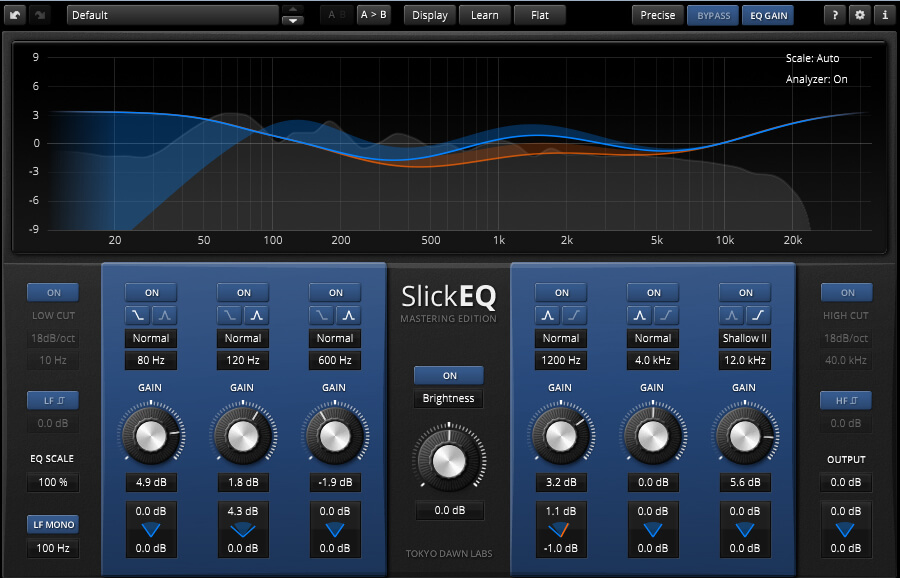

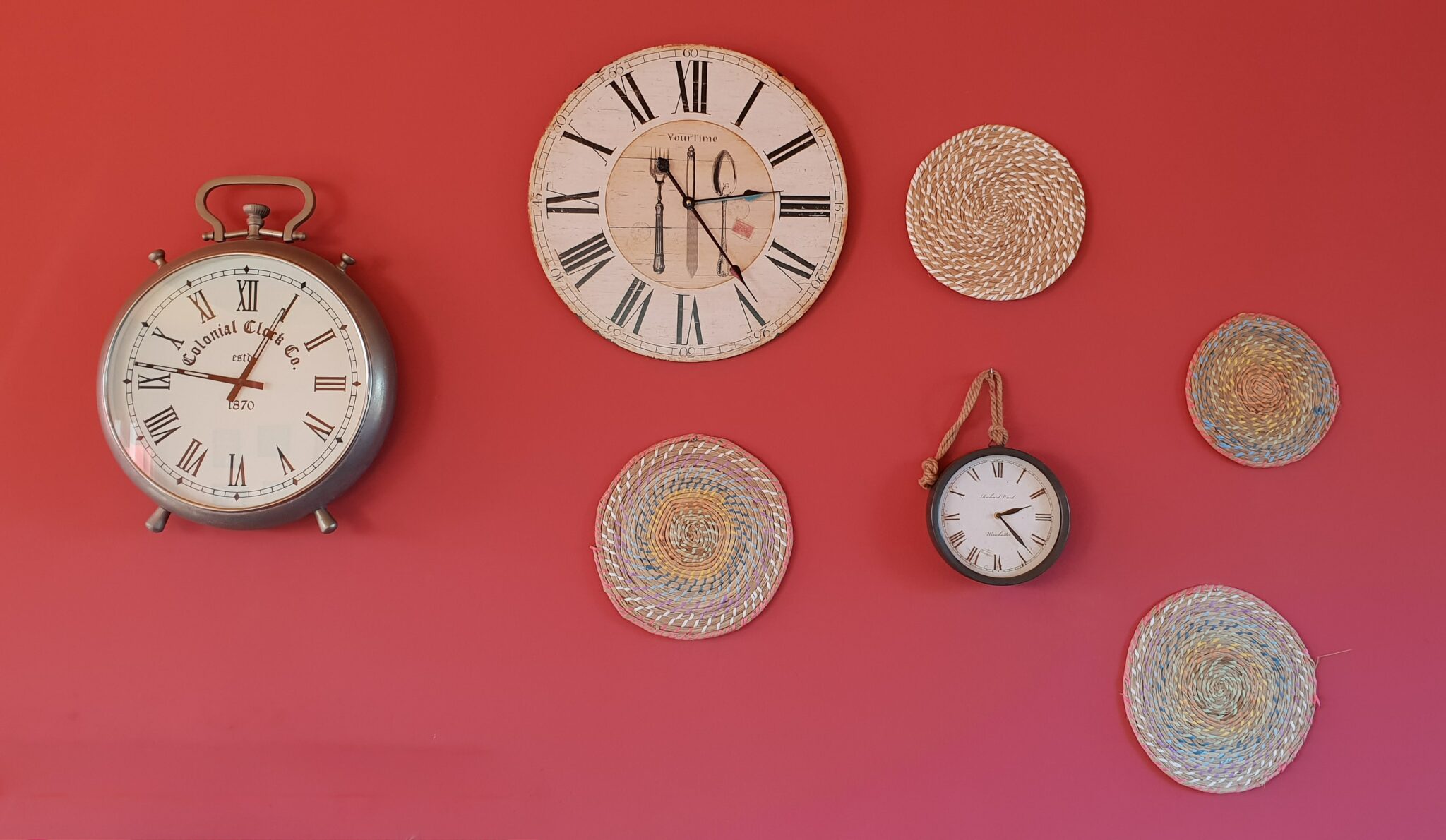

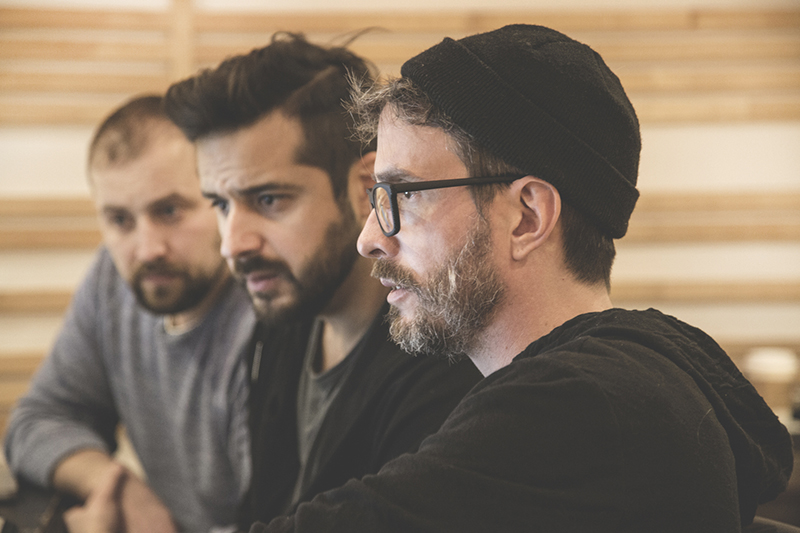
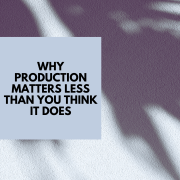
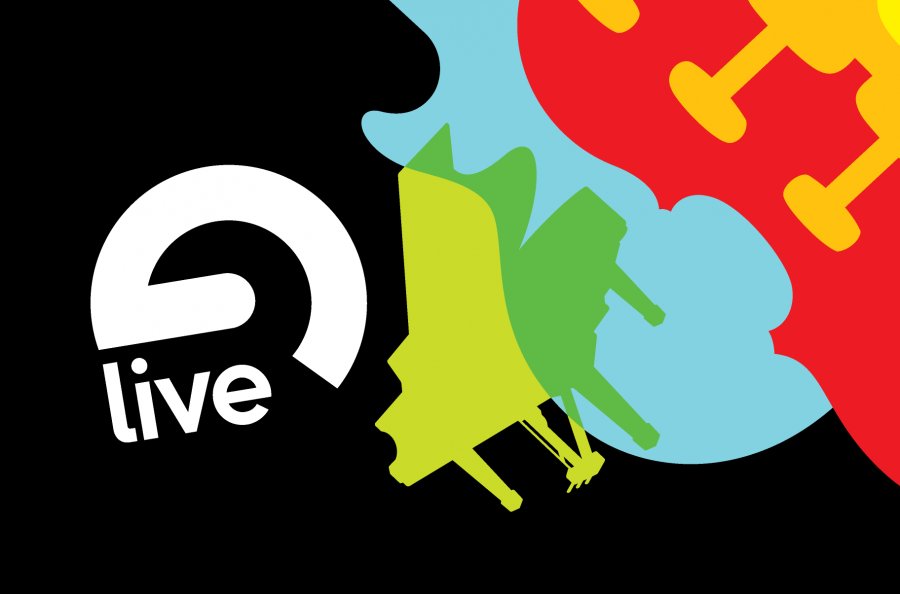
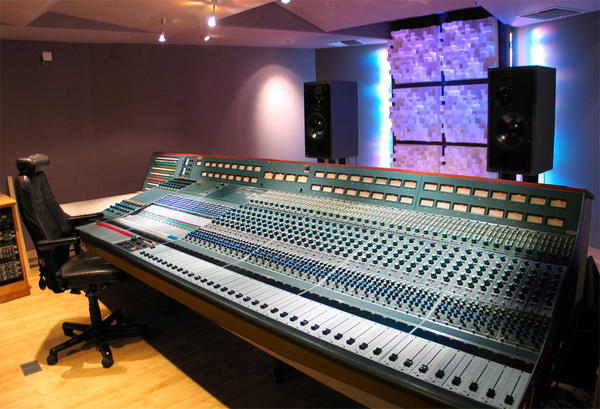

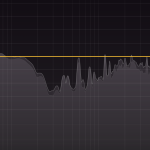
Leave a Reply
Want to join the discussion?Feel free to contribute!